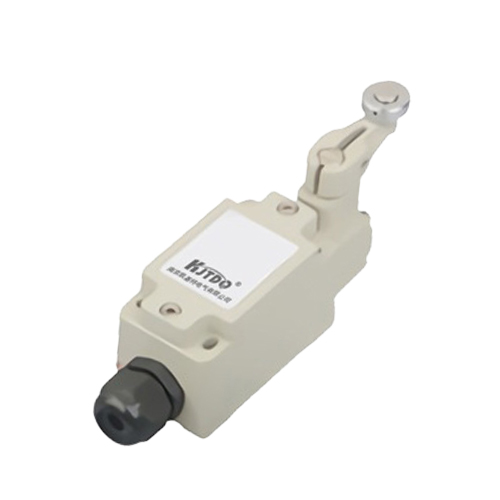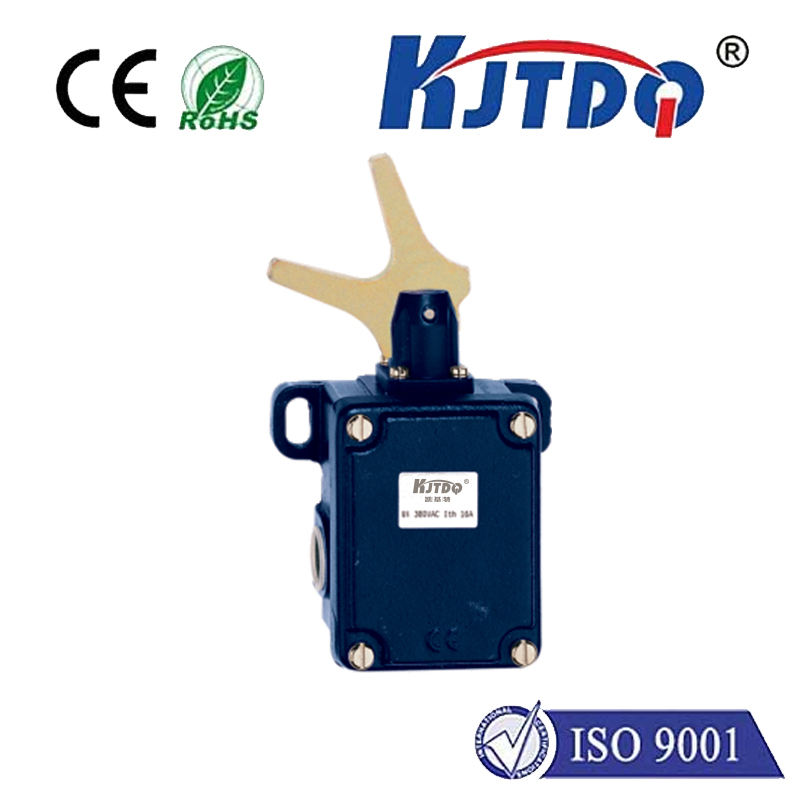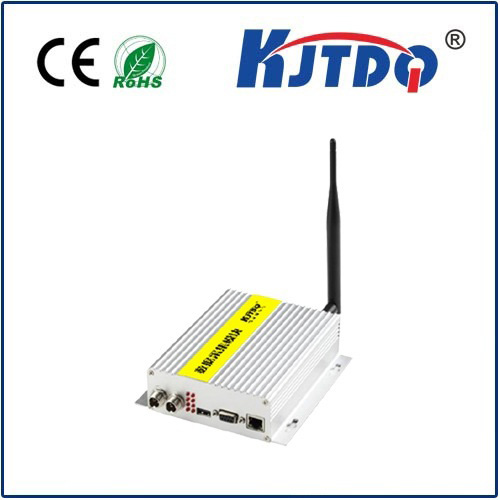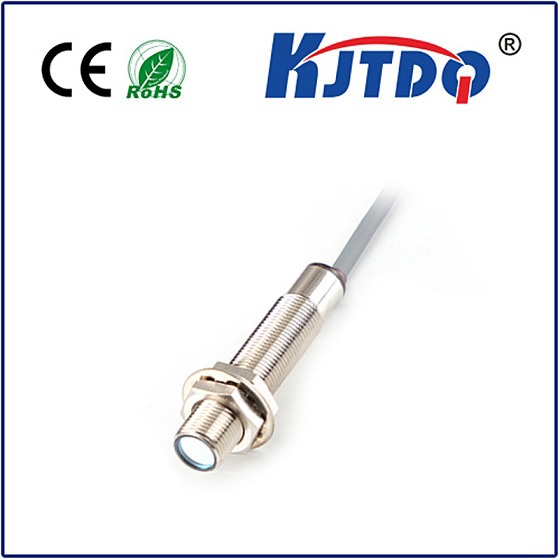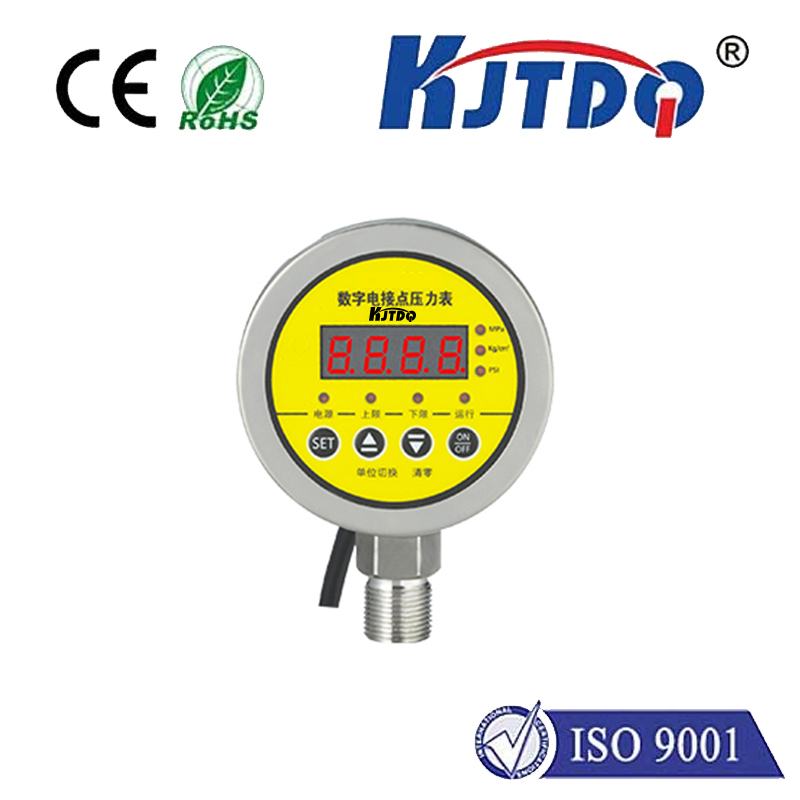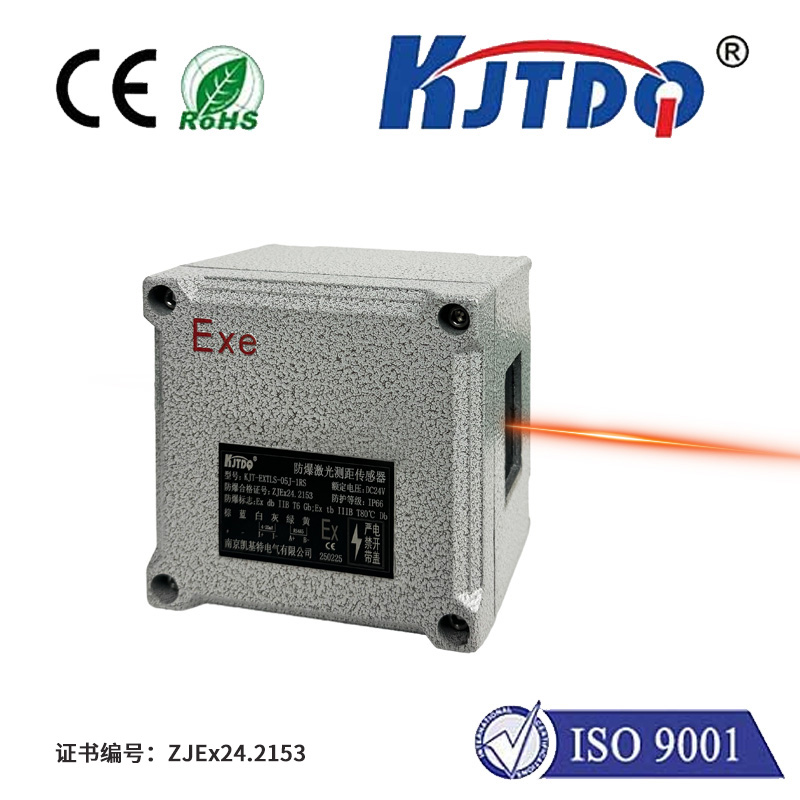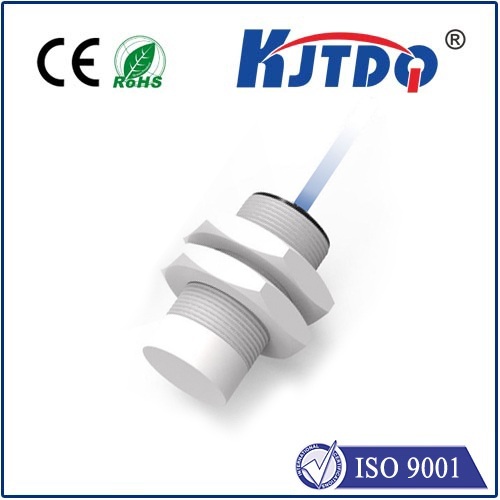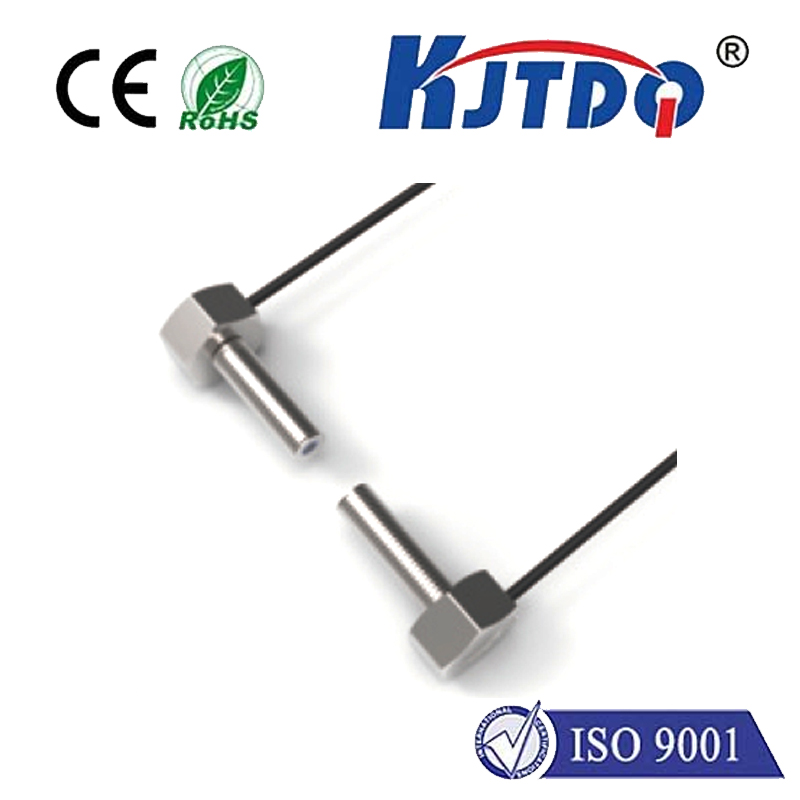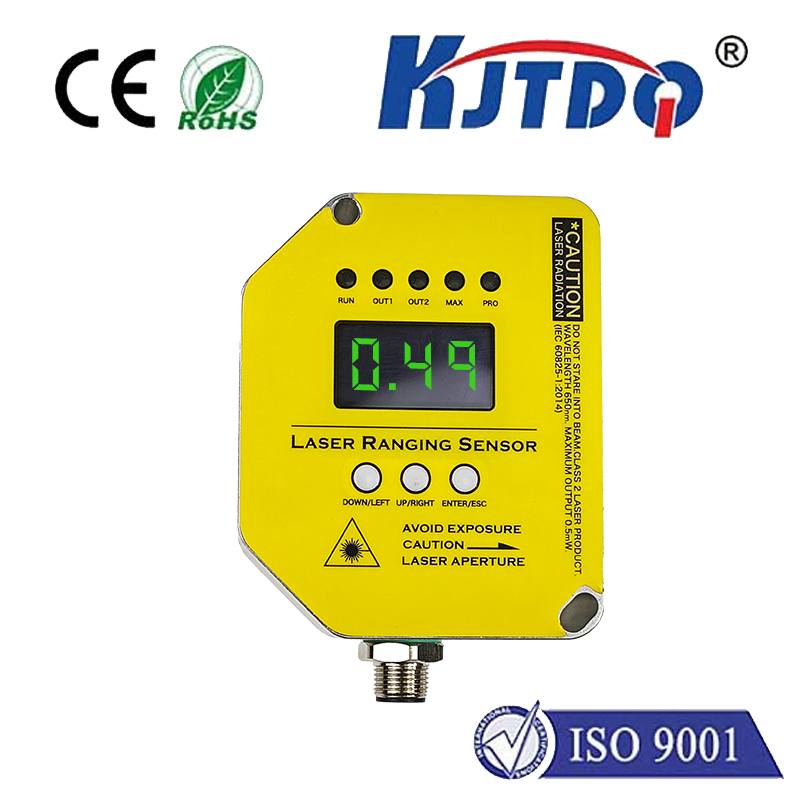

check

check

check

check

check

check

check

check

check

check
The Importance of Electromagnetic Induction Sensors in Modern Technology
Electromagnetic induction sensors have revolutionized the way we interact with the world around us. These tiny devices, which detect changes in electromagnetic fields, are found embedded in almost every electronic device we use today - from our smartphones and laptops to our cars and home appliances. They play a crucial role in a wide range of applications, from tracking the location of satellites in space to detecting the presence of electricity in electrical lines.
One of the most significant advantages of electromagnetic induction sensors is their ability to detect small changes in electromagnetic fields. This makes them ideal for use in applications where precise and quick detection is required, such as in medical devices or automotive safety systems. Additionally, these sensors are highly versatile and can be used in a variety of environments, from extreme temperatures to high radiation levels.
However, despite their many benefits, electromagnetic induction sensors are not without their challenges. One of the main difficulties is ensuring that they operate reliably in different conditions. To overcome this, engineers must carefully design the sensor to be robust and withstand harsh environmental conditions. They also need to develop algorithms that can accurately interpret the signals generated by the sensor, which can be complex and difficult to achieve.
Despite these challenges, the future looks bright for electromagnetic induction sensors. As technology continues to advance, we can expect to see even more sophisticated sensors developed that will enable us to solve some of society's most pressing problems. Whether it's detecting diseases at an early stage or monitoring energy consumption in buildings, electromagnetic induction sensors are set to play a vital role in shaping the future of technology.
